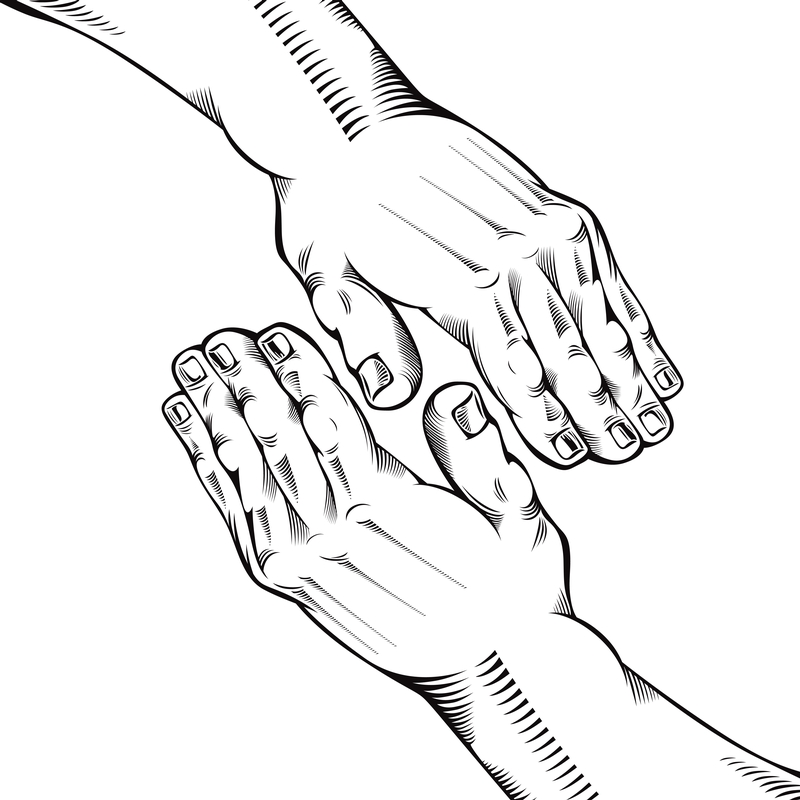 Each of us within our professional roles have a fundamental responsibility to support our organization to the extent that we must also support our colleagues and peers if we are truly dedicated to the greater success of the company.
Each of us within our professional roles have a fundamental responsibility to support our organization to the extent that we must also support our colleagues and peers if we are truly dedicated to the greater success of the company.
But, when exactly does that responsibility actually begin? More specifically, what is a colleague and what is a peer?
Let me present a very familiar scenario that each of us have experienced. You have arrived for a job interview, and have taken your place in a very comfortable waiting area. As you take your seat, you see another candidate sitting not far away. A cordial smile, perhaps even a greeting, and then moments later, she is invited by a member of the interview panel, and they depart into an adjoining room.
You feel very confident about your opportunity to show your knowledge, explain your skills and experiences, and to illustrate the wide variety of talents you have. You know you have prepared well, and you are excited about the opportunity to join this company because of its reputation, mission and the work the position will be called upon to perform. You also have the added confidence knowing that in this instance, the organization is actually hiring two people for the position—and you know that you’ll be able to distinguish yourself among the “Top 2”.
Soon, another candidate arrives, and he takes his seat near you. Once again, a brief smile and greeting is shared. This candidate, much like the person you met when you arrived, appears very professional, is cordial and is likely very qualified like yourself. You are both excited for the fact that the organization is in fact able to attract great talent, and that you have the opportunity to demonstrate you have those very qualities…and you’re also mildly anxious knowing that same level of talent is competing for the same positions.
In a matter of moments, the door opens, and the first candidate exits, exchanging enthusiastic pleasantries and a firm handshake with the chairperson of the interview panel. As that candidate walks through the area, she looks at you and genuinely smiles and says, “Good luck!” Then, the chairperson steps toward you, greets you warmly and invites you in for your interview.
At the end of your interview, you thank the panel, and as the chairperson escorts you back into the waiting room, he tells the awaiting next candidate that the panel will be taking a brief, scheduled break. The chairperson then steps back into the room and closes the door.
After extending the courtesy provided you earlier, you turn to the candidate and wish them well in their interview. But as you step toward the exit, he says, “You were in there a while! What did they ask you?”
What would you say?
Let’s review this setting once more, just so all the issues are out there: Job interview for a superior firm, two positions available, and there at least three candidates. You’re also quite certain you’ve done very well on your interview and the panel was genuinely impressed with your credentials. But, the other two candidates you’ve met are obviously accomplished as well.
Now, back to the question at hand—‘What did they ask you?’—and how will you respond to this candidate? If you did, would it help him—at your expense? If you did share your experience, is there a chance he might be asked something different? Does the possibility that either, neither or both of you could be the candidates who are hired matter?
Those are all very valid concerns. Here’s one more: Do you have a responsibility to share that with him? If you desire to become part of the organization, and supporting your peers and colleagues is a strong, prevailing value there, then when does that begin? Or, is the actual value demonstrated in serving others, and if it is, when do you choose to do so?
Principles without challenge are merely preferences. Unless those core values we hold are tested, we cannot really know what is important to us. We all must recognize and understand that when called upon to serve others we are being provided an opportunity to strengthen our values, and ourselves.



